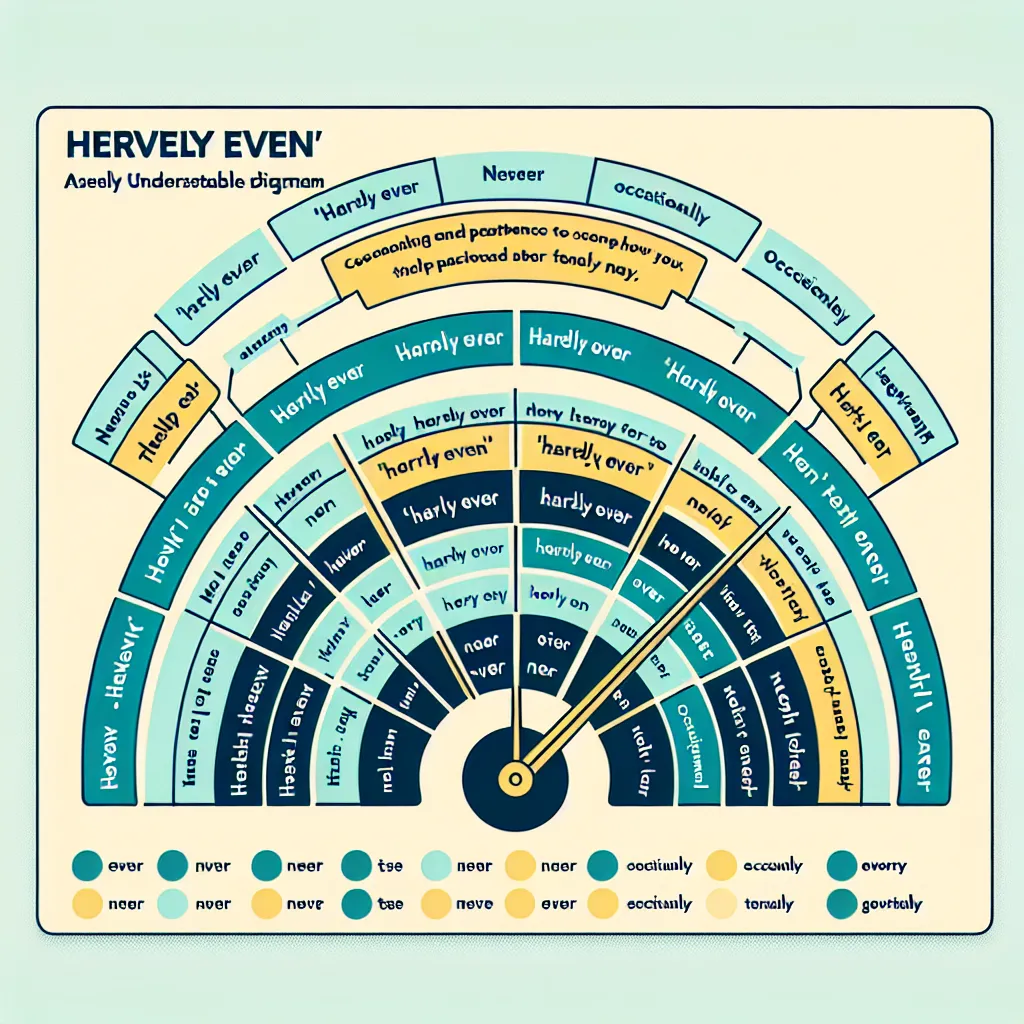The phrase ‘on account of + noun’ is a crucial grammatical structure that frequently appears in IELTS exams. Understanding its usage can significantly enhance your performance across all sections of the test. Let’s delve into this important expression and explore how to effectively incorporate it into your IELTS preparation.
Nội dung bài viết
Understanding ‘On Account of + Noun’
‘On account of + noun’ is a prepositional phrase used to express the reason or cause for something. It’s equivalent to ‘because of’ or ‘due to’ and is often used in formal or academic contexts, making it particularly relevant for IELTS.
Examples:
- The meeting was postponed on account of the CEO’s illness.
- Many flights were cancelled on account of severe weather conditions.
- The project was delayed on account of funding issues.
- She couldn’t attend the conference on account of her prior commitments.
- The museum was closed on account of renovation work.
In each of these examples, the phrase ‘on account of’ is followed by a noun or noun phrase that provides the reason for the action or situation described in the main clause.
 On account of usage in IELTS
On account of usage in IELTS
Grammar and Usage in IELTS
Formula and Grammatical Structure
The basic formula for using this phrase is:
[Subject + Verb] + on account of + [Noun/Noun Phrase]
It’s important to note that ‘on account of’ is always followed by a noun or noun phrase, not a clause. If you need to use a clause to express the reason, you should use ‘because’ instead.
Application in IELTS Writing
In IELTS Writing, using ‘on account of’ can elevate your language and demonstrate a sophisticated command of English. Here are some examples tailored to different IELTS Writing tasks:
-
Task 1 (Academic):
“The graph shows a sharp decline in sales on account of the economic recession in 2008.” -
Task 2:
“Many argue that remote work has become more prevalent on account of technological advancements and changing attitudes towards work-life balance.” -
Task 1 (General):
“I am writing to request a refund on account of the faulty product I received last week.”
Application in IELTS Speaking
Incorporating ‘on account of’ in your IELTS Speaking responses can showcase your vocabulary range. Here are some examples:
-
Part 1:
Q: “Do you like rainy days?”
A: “Not really. I tend to stay indoors on account of the gloomy weather.” -
Part 2:
“I remember this trip vividly because we had to change our plans at the last minute on account of an unexpected snowstorm.” -
Part 3:
“Environmental policies are becoming stricter in many countries on account of growing concerns about climate change.”
Achieving Higher Bands with ‘On Account of’
To achieve higher band scores in IELTS, it’s crucial to use a variety of expressions to show cause and effect. While ‘because of’ and ‘due to’ are common, using ‘on account of’ demonstrates a more advanced level of English.
Band 6-7: May use ‘on account of’ occasionally but might rely more on simpler expressions.
Example: “The project was delayed because of funding issues.”
Band 7-8: Uses ‘on account of’ accurately and appropriately.
Example: “The project faced significant delays on account of unexpected funding constraints.”
Band 8-9: Incorporates ‘on account of’ seamlessly with other advanced structures.
Example: “Despite initial optimism, the project encountered substantial setbacks, primarily on account of unforeseen financial hurdles, which necessitated a comprehensive reassessment of the timeline.”
Common Mistakes to Avoid
-
Using ‘on account of’ with a clause:
Incorrect: “The meeting was cancelled on account of the manager was sick.”
Correct: “The meeting was cancelled on account of the manager’s illness.” -
Confusing ‘on account of’ with ‘on the account of’:
Incorrect: “He missed the train on the account of heavy traffic.”
Correct: “He missed the train on account of heavy traffic.” -
Using it in very informal contexts:
Less appropriate: “I’m late on account of my alarm not going off.”
More appropriate: “I’m late because my alarm didn’t go off.” -
Overusing the phrase:
Repetitive: “The event was cancelled on account of rain. Many guests didn’t come on account of the cancellation.”
Improved: “The event was cancelled on account of rain, which resulted in many guests not attending.” -
Forgetting the ‘of’:
Incorrect: “On account the bad weather, the flight was delayed.”
Correct: “On account of the bad weather, the flight was delayed.”
Conclusion
Mastering the use of ‘on account of + noun’ can significantly enhance your IELTS performance. It allows you to express reasons and causes in a more sophisticated manner, potentially boosting your scores in both Writing and Speaking sections. Remember to practice using this phrase in various contexts, and always ensure you’re following it with a noun or noun phrase. As you prepare for your IELTS exam, look out for opportunities to incorporate this structure naturally in your responses, keeping in mind the formality level required for each task.

